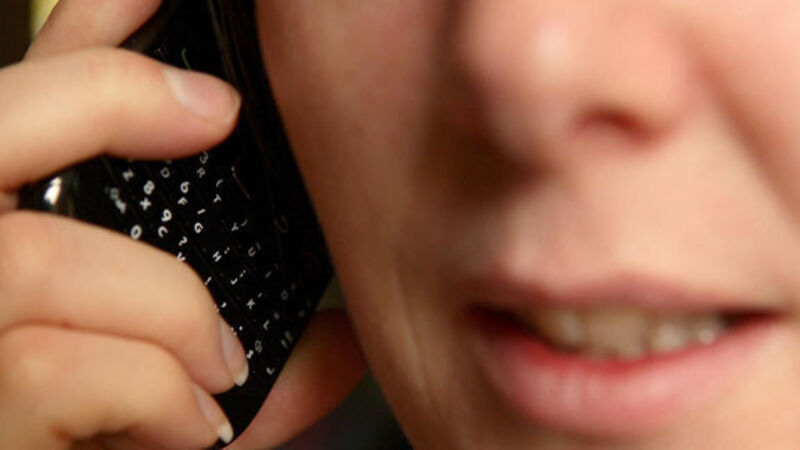How to reduce the risk of tumours

There is an increasing concern about the radiation emissions from phones, especially now that the screens are getting larger. Using a headset or keeping the phone on speakerphone is a good idea, and when you aren’t using the phone, it is best if you keep it on your desk or in a bag rather than in your pocket.
Fresh fruit and vegetables, along with leafy greens, are all rich in antioxidants, which help to protect against electromagnetic stress. Parsley, coriander leaf, and chlorella are all useful in protecting against radiation. A probiotic supplement is important for immune function, and assists in breaking down toxins and carcinogens.











